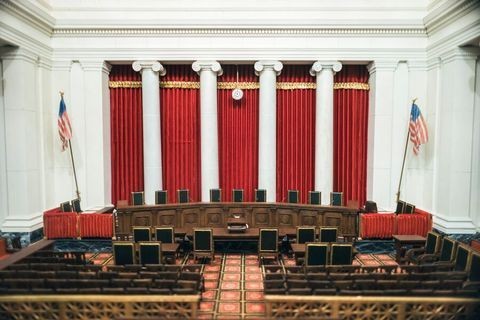Protecting Work Product: When the Threat of Litigation Is Too Remote for Privilege
Client Alert | 1 min read | 02.06.20
In Ingham Regional Medical Center v. U.S. (Jan. 6, 2020), the Court of Federal Claims compelled production of certain government investigatory documents that the Court found were not privileged work product prepared “in anticipation of litigation.” The Medical Center sued to recover payments for outpatient healthcare services performed in connection with DoD’s TRICARE program after initial settlement discussions had failed. During discovery, the government inadvertently produced several documents that assessed the accuracy of its previous payments to the Medical Center, including documents that had been repeatedly logged as privileged. Although the government claimed that the documents were prepared in anticipation of litigation, the court held that the documents did not constitute protected work product because they were produced in furtherance of a business purpose (i.e., payment investigation) well before a genuine threat of litigation arose. The court equated the government’s function in assessing the hospital’s claims for alleged underpayments to that of an insurer who investigates a claim before making a final determination. Therefore, since the threat of litigation was too remote, the court found that the work product had been prepared for a possible negotiated business settlement between the parties, rather than for litigation. Contractors and others engaged in litigation with the government should keep “ordinary course of business” arguments in mind as a basis to challenge government privilege assertions.
Contacts
Insights
Client Alert | 6 min read | 02.27.26
The U.S. Supreme Court’s February 20, 2026, opinion in Learning Resources. v. Trump (decided with Trump v. V.O.S. Selections), holding that the President lacks authority to impose tariffs under the International Emergency Economic Powers Act (IEEPA), is notable for many reasons — including its practical impact on the many U.S. companies who paid steep tariffs on global imports and may now be able to recover by filing suit before the Court of International Trade (CIT). That possibility and the key reasons for the High Court’s decision are discussed in our recent alert on this momentous decision.
Client Alert | 4 min read | 02.27.26
New Jersey Expands FLA Protections Effective July 2026: What Employers Need to Know
Client Alert | 3 min read | 02.26.26
Client Alert | 4 min read | 02.26.26







